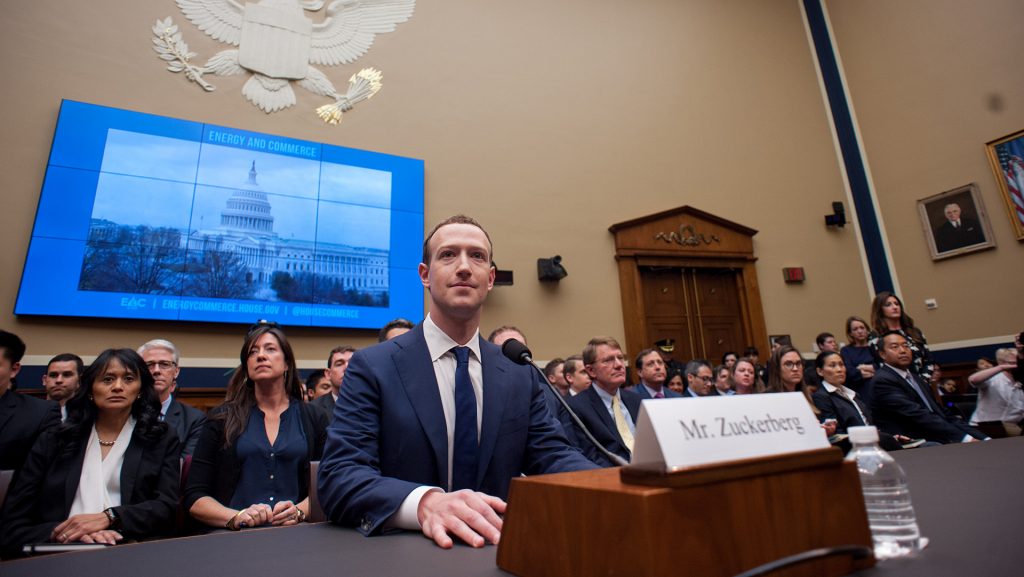Last week, Facebook Chief Executive Mark Zuckerberg was questioned by Congress. He was being questioned about privacy concerns brought about by the recent investigation of the organization Cambridge Analytica, which has been accused of using data sets that broke Facebook’s terms of service.
There is speculation over why Congress decided to question Zuckerberg. Many believe Congress is determining whether Facebook, and other social-media websites, should have any sort of government regulation. Deciding to regulate social media is an extremely important decision that individuals in Congress will make in the coming months. But after the misguided questions asked over the past week, I am concerned that some of these men and women should not be the individuals to make such an influential decision.
Some baffling questions asked by members of Congress include, but are not limited to, “Is Twitter the same as what you do?”; “If I’m emailing within WhatsApp … does that inform your advertisers?”; and “How do you sustain a business model in which users don’t pay for your service?”
The above questions make it clear that many members of Congress do not understand even the most elementary aspects of how Facebook operates. Yet, these are the people who hold Facebook’s fate in their hands.
RELATED: UI researchers uncover Facebook ‘collusion networks’
And although a lot of people argue that it is difficult for people who did not grow up around technology to understand it, it is also not difficult to become educated.
The facts are relatively easy to understand. Facebook allowed outside apps, such as the one Cambridge Analytica used, to not only access quiz takers’ data but also the data of their entire friends’ list. This means that if one of my friends took a quiz on Facebook, an organization would have access to all my data without my explicit consent. But in 2014, Facebook changed its terms of service, which bans applications from collecting data sets from anyone except those who take the quiz. Additionally, Facebook stipulated that all organizations who did collect data sets from friend’s lists must delete the data collected. A year later, Cambridge Analytica still had not deleted its data set; it was rumored that CA was using the data as the basis of its entire data algorithm. Investigators believe Facebook did not do enough to protect its users’ private information. This inevitably led to Congress questioning Zuckerberg to decide if government intervention is needed.
In just one Social Media Today lecture given by Assistant Professor Brian Ekdale, I understood these basic points. Of course, much credit should be given to Ekdale for delivering a 50-minute lecture jam-packed with information. However, I can’t help but think members of Congress could have taken a comparable amount of time educating themselves before the Zuckerberg hearing.
It is glaringly obvious that government intervention very well could be needed to ensure that people know and consent to their personal data being shared on social-media sites. To intervene correctly, lawmakers must be able to comprehend how Facebook and other social-media sites operate. Last week’s hearings made it very clear that many members of Congress fall short of this expectation. We wouldn’t want someone who does not understand how to drive a car to make traffic regulations, so why would we allow people who don’t understand social media to regulate social media? The bottom line is, members of Congress absolutely must educate themselves on the basic operations of social-media websites before drafting laws that are meant to regulate it.









